Free Download Executive Coaching 200 by Robbins Madanes Training – Here’s What You’ll Get Inside:
Executive Coaching 200 by Robbins Madanes Training, Watch This Free Video Sample to Learn More:
Executive Coaching 200 by Robbins Madanes Training, Grab Your Free PDF Sample Below:
You’ve mastered the fundamentals of coaching leaders. Now it’s time to deepen your craft, widen your strategic toolkit, and deliver outcomes that stand up in boardrooms and off-sites alike. Executive Coaching 200 by Robbins Madanes Training is an advanced, practice-driven program for lifelong learners ready to apply Tony Robbins and Cloe Madanes’ change strategies to complex executive contexts—ethically, skillfully, and with measurable impact.
Overview this course
Executive Coaching 200 takes you beyond foundational skills into the nuanced territory where real organizational change happens. The curriculum explores emotional intelligence in high-pressure settings, assessment literacy, positive psychology interventions that actually move the needle, and the delicate line between coaching and performance management. You’ll also study leadership psychology and operationalize Tony’s 7 Master Steps in executive scenarios, culminating in a structured practicum and workshop design lab.
Your experience is intentionally live and experiential. Each week, Keith leads a two-hour session focused on one advanced competency: demonstration, discussion, and hands-on exercises. All sessions are recorded and available in your portal for review and repetition. You’ll pair these trainings with a dedicated Executive Coach Marketing Game Plan, so your growing capability is matched with a credible presence and a pipeline.
Expect a balance of rigor and practicality:
-
Advanced methodology, explained clearly. Complex models translated into client-ready conversations.
-
Live practice, done right. Role-plays, case labs, and peer feedback that mirror the realities of executive life.
-
Transfer to the field. Templates and tools that slot into enterprise calendars, 1:1s, and leadership team meetings.
Whether you’re internal to an organization or building an independent practice, the program helps you elevate from competent to compelling—delivering change strategies that leaders feel, teams adopt, and sponsors can track.
Why should you choose this course?
The higher you climb, the more precision is demanded. This program stands apart because it insists on craft, context, and commercial clarity.
-
Depth with discernment. You won’t just learn what to use—you’ll learn when and why to use it. Emotional intelligence, positive psychology, and leadership models are applied to specific stakes: succession risk, transformation fatigue, conflict at the senior table, culture drift.
-
Assessment fluency with ethics. Understand psychometrics and 360s well enough to add value—not noise. Learn to select, debrief, and integrate assessment data while protecting confidentiality and avoiding label traps.
-
Master Steps, executive edition. Tony’s 7 Master Steps are mapped to real executive dilemmas—from misaligned incentives to stalled initiatives—so you can create momentum without overstepping into consulting or HR enforcement.
-
Workshop-to-workflow design. Move beyond “motivational sessions” and craft workshops that cascade into habits: pre-reads, exercises, commitments, and follow-through embedded in the business rhythm.
-
Boundaries that build trust. Clarify the line between coaching and performance management, handle triads (sponsor–coach–coachee) with integrity, and maintain psychological safety while reporting progress.
-
Marketing that matches your value. The Executive Coach Marketing Game Plan helps you articulate outcomes, develop case snapshots, and establish a reputation that attracts right-fit clients—without content overwhelm.
-
Global relevance. Tools and language are adaptable across cultures and industries, suitable for an international client base and distributed teams.
If you want to facilitate change at the level where careers, teams, and P&Ls intersect, this is the next deliberate step.
What You’ll Learn
Every module delivers frameworks you can put to work immediately—along with language, artifacts, and practice reps to make application second nature.
Module 1 – Introduction to Advanced Executive Coaching
Clarify scope at the advanced level: multi-stakeholder contracting, confidentiality protocols, and escalation paths. Learn to assemble a coaching brief that aligns development outcomes with real business priorities, timelines, and metrics.
Module 2 – Emotional Intelligence
Go beyond generic “EQ” talk to situational mastery: reading the room, naming unspoken tensions, and building self-regulation under scrutiny. Practice micro-interventions for high-stakes conversations—board reviews, reorgs, performance pivots.
Module 3 – Using Assessments in Your Executive Coaching Practice
Select and sequence tools (360s, strengths, conflict styles, cognitive profiles) to inform—not dominate—coaching. Debrief ethically, translate results into behaviors, and avoid the twin traps of over-indexing on scores or weaponizing feedback.
Module 4 – Positive Psychology Techniques
Deploy interventions that leaders accept: strengths articulation for role design, progress priming to combat change fatigue, and habit stacking for daily leadership behaviors. Integrate gratitude, meaning, and autonomy without slipping into “toxic positivity.”
Module 5 – Coaching vs. Performance Management
Build clean boundaries in sponsor triads. Learn language for when coaching uncovers performance issues: how to re-contract, document fairly, and protect trust while aligning with organizational processes.
Module 6 – Leadership Psychology
Examine status, power, and identity in executive decision-making. Work with common patterns—over-control, avoidance, savior dynamics—and design experiments that shift from reactive to creative leadership.
Module 7 & 8 – Tony’s 7 Master Steps in Executive Coaching (Parts 1 & 2)
Operationalize the Master Steps for leaders: define the real result, uncover leverage, interrupt limiting patterns, install empowering alternatives, and lock in progress. Practice applying the steps to complex cases (e.g., stalled transformation, cross-functional turf wars).
Module 9 – Leadership Development Workshops
Design short, potent sessions for management cohorts: clear objectives, experiential exercises, and post-session commitments. Build facilitator presence and handle resistance in real time. Create slide frameworks and participant workbooks that stand on their own.
Module 10 – Executive Coaching Practicum
Integrate everything. Coach through live case studies with structured feedback. Submit a mini-portfolio—coaching brief, session plan, stakeholder update, and measurable outcomes—to demonstrate your approach end-to-end.
Live Experience & Practice (Weekly, Recorded)
-
2-hour labs with Keith: demonstration + drill + debrief.
-
Case rounds: small-group role-plays on thorny issues (e.g., underperforming executive with high political capital).
-
Language sprints: 60-second framings for tough conversations (budget cuts, scope creep, missed milestones).
-
Playback library: rewatch to refine cadence, questions, and presence.
Executive Coach Marketing Game Plan
Translate capability into credibility and clients—without turning yourself into a full-time marketer. You’ll build:
-
A positioning statement (who you help, what changes, how you measure it).
-
Two signature packages (individual executive + leadership cohort) with pricing logic.
-
A short visibility asset kit: credibility bio, talk outline, and two case snapshots (problem → intervention → evidence of progress).
-
A 90-day business development rhythm: targeted outreach, partner talks, and simple referral loops.
Tools & Templates You’ll Take Away
-
Multi-stakeholder contracting checklist and briefing template.
-
Assessment selection matrix and debrief agenda.
-
Positive psychology exercise cards tailored to executive use.
-
Workshop design canvas (objectives, exercises, artifacts, follow-through).
-
Coaching summary sheet for sponsor updates that protect confidentiality.
-
90-day development plan and accountability cadence.
Expected Competencies by Graduation
-
Conduct advanced discovery that aligns personal growth with organizational goals.
-
Read interpersonal dynamics quickly and intervene cleanly.
-
Use assessments to enhance insight—never to replace judgment.
-
Apply the Master Steps fluidly to executive problems.
-
Design workshops that convert energy into behavior change.
-
Communicate value to sponsors and prospects with clarity and restraint.
Who Should Take This Course?
-
Experienced executive coaches who want deeper tools, stronger presence, and a practicum to pressure-test their method.
-
Seasoned life/career coaches moving upmarket to leaders, founders, and senior teams.
-
Internal HR/L&D professionals seeking advanced coaching skills, assessment literacy, and workshop design that sticks.
-
Consultants and facilitators adding a robust coaching spine to their change or strategy work.
-
Senior leaders and managers who want formal coaching skill to lead transformations, build culture, and develop successors.
-
Global practitioners serving distributed or multicultural teams who need adaptable language and cross-cultural sensitivity.
If you’re committed to mastery—not just more tools, but wiser choices—you’ll feel at home here.
Conclusion
Executive influence is earned when your coaching changes what leaders do tomorrow—how they think under pressure, how they decide with conflicting data, how they mobilize people through uncertainty. Executive Coaching 200 by Robbins Madanes Training equips you for that level: advanced emotional intelligence, ethical assessment use, positive psychology that works at scale, clean boundaries with sponsors, and the applied power of Tony’s 7 Master Steps—rounded out with workshop design and a practicum that proves you can deliver.
Join the next cohort to sharpen your craft, elevate your presence, and deliver results that leaders remember and organizations respect.

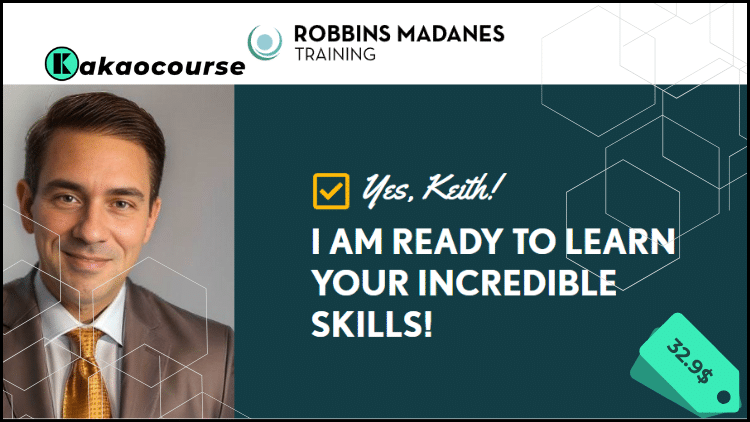
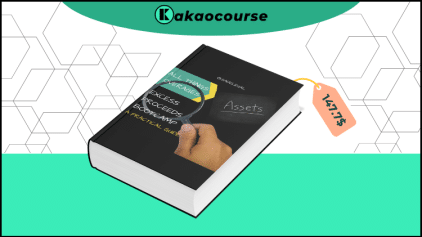
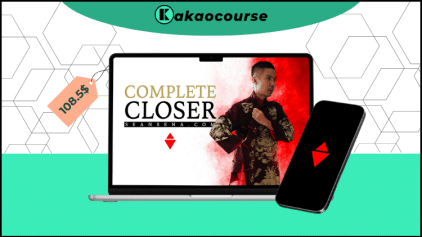
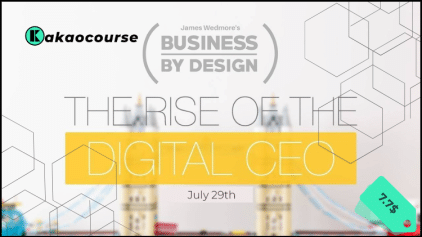
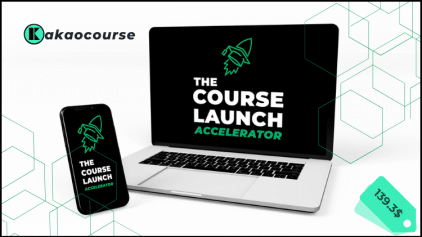
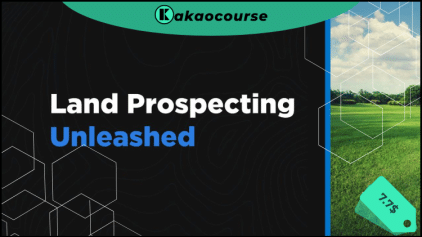
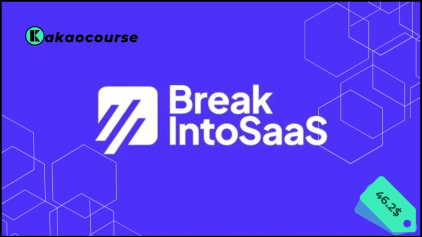
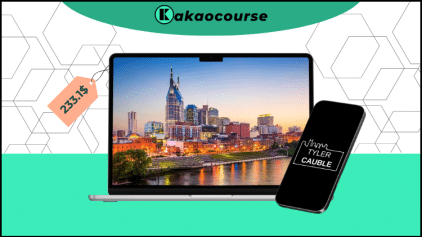
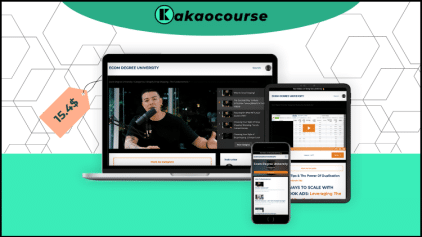
Reviews
There are no reviews yet.